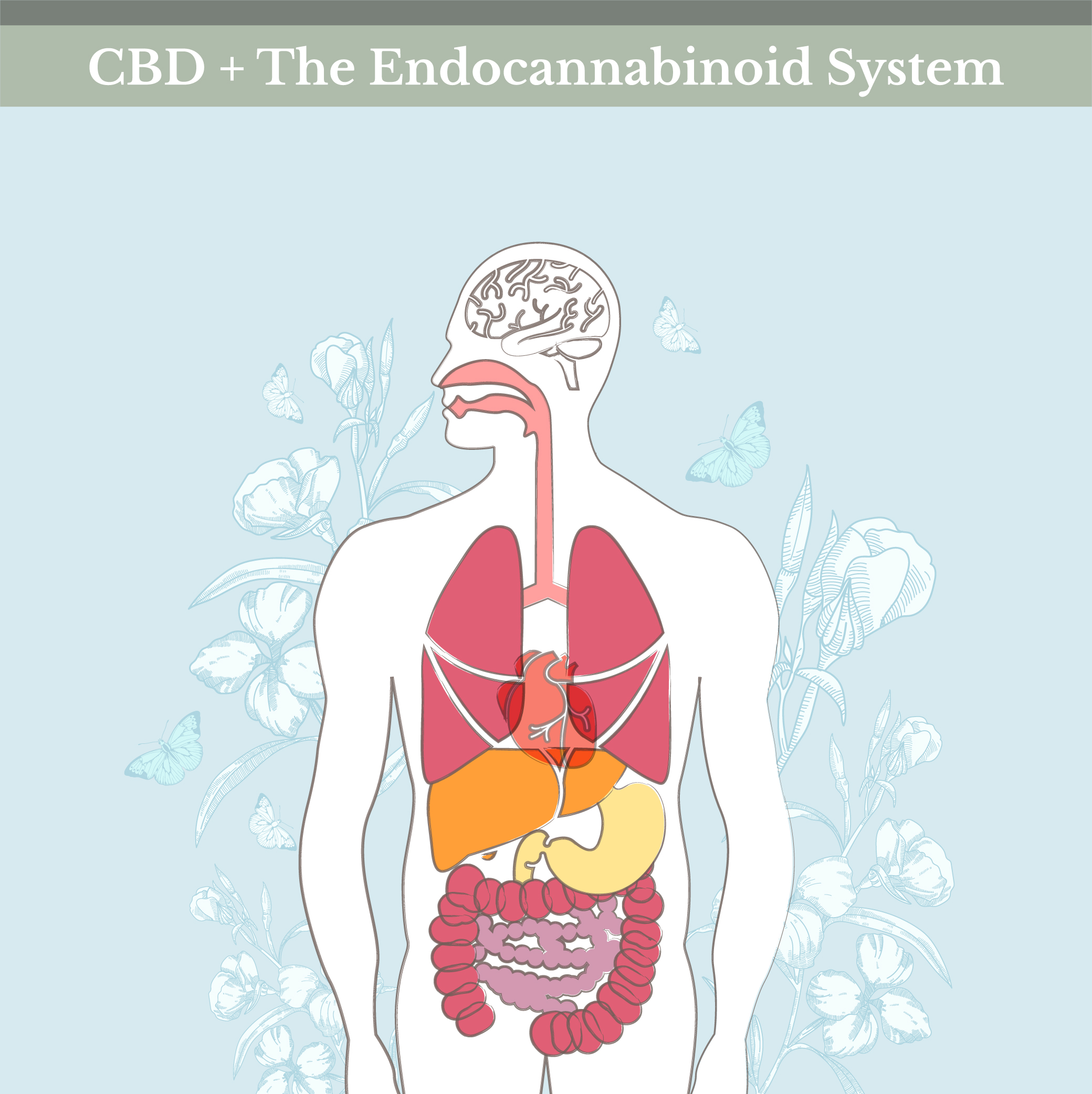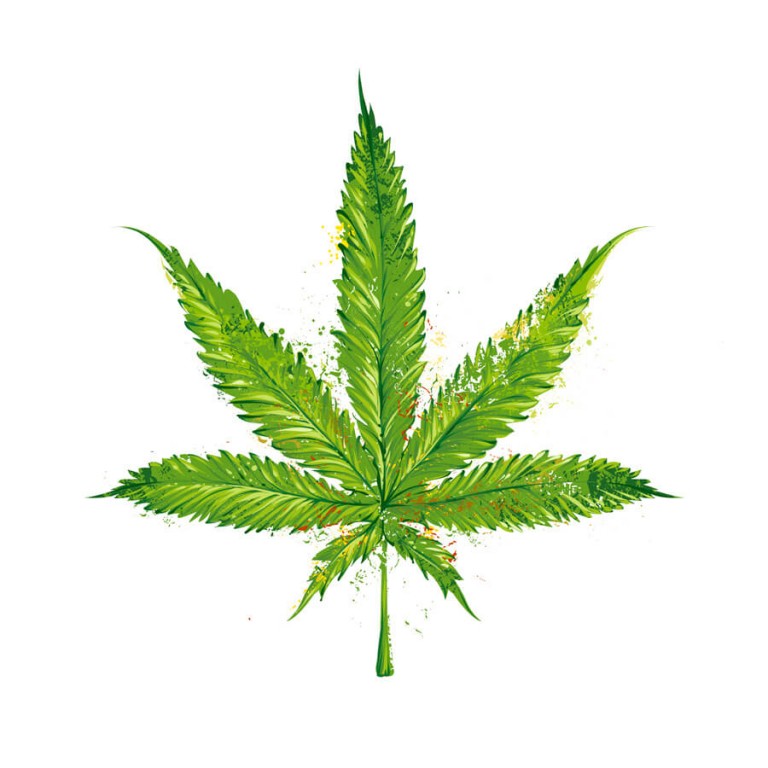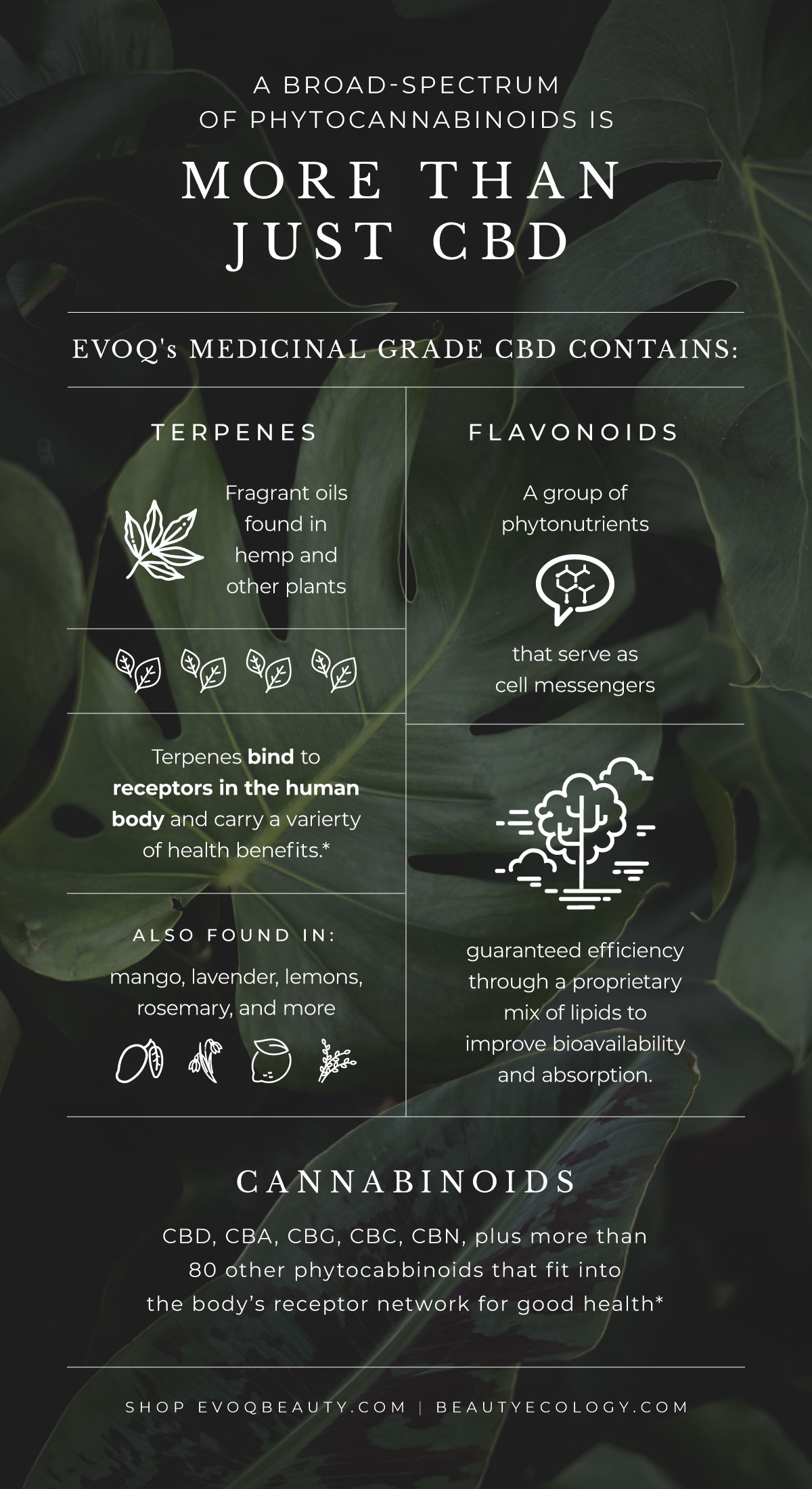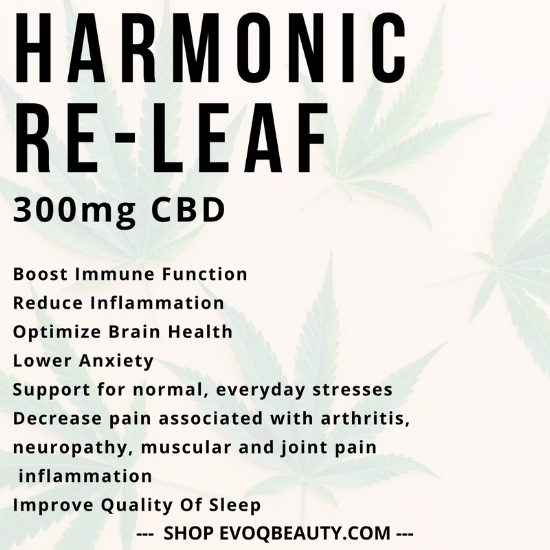Analgesic
An analgesic is any drug or compound which acts on the peripheral and central nervous systems for the purpose of pain relief. Analgesic drugs are distinct from anesthetics, which have a temporary effect and often completely eliminate sensation or cause unconsciousness. Research into CBD’s effects on humans suggests that it may be an effective analgesic for pain caused by inflammation as well as chronic pain due to illness or injury.
Anandamide
Anandamide (N-arachidonoylethanolamine or AEA) is a neurotransmitter which plays a role in mood regulation. The word originates from the Sanskrit word ananda, which translates to “joy, bliss, delight.” Research has shown that CBD can lead to elevated anandamide levels. CBD is being studied for its therapeutic use in treating anxiety, depression, addiction and other related ailments.
Anorectic
An anorectic is a drug which reduces appetite. Anorectics are also known as anorexics, anorexigens, anorexiants or appetite suppressants. Studies suggest that CBD has anorectic properties and may have potential as a therapy for the treatment of habitual overeating and obesity.
Anti-epileptic
Anti-epileptics (AEDs), also known as anticonvulsants, are the most commonly used drugs for treatment of epilepsy. AEDs are also known to be mood stabilizers and are increasingly being used in the treatment of conditions such as bipolar disorder and borderline personality disorder, as well as for the treatment of neuropathic pain. CBD has been proven in Phase I clinical trials to reduce seizures in patients with intractable epilepsy. Many U.S. states have already approved the use of CBD as an anti-epileptic.
Anti-inflammatory, Inflammation
An anti-inflammatory is a substance which has the ability to reduce inflammation. Inflammation is a natural response of the body to injury or illness. Inflammation often manifests as pain, swelling, redness and heat. Many pain relievers work by reducing inflammation, as opposed to opioids, which block pain signaling to the brain. As shown in numerous studies, one of CBD’s most prominent therapeutic properties is its ability to reduce inflammation.
Anti-insomnia
Anti-insomnia drugs are used to treat sleep disorders. They are intended to induce sleep and prevent premature waking. A variety of studies have shown that CBD may have anti-insomnia properties, and many patients with insomnia claim CBD helps them to fall asleep faster and sleep better.
Anti-ischemic
Anti-ischemic drugs are used to control myocardial ischemia in patients with coronary artery disease. Ischemia is a restriction in blood supply to tissues, which causes a shortage of oxygen required for cellular metabolism. This condition also reduces the availability of nutrients and the removal of metabolic wastes. Research is ongoing as to whether CBD may be an effective anti-ischemic with therapeutic benefits for patients with cardiovascular conditions.
Antipsychotic
Antipsychotic drugs are used to manage psychosis such as delusions, hallucinations, paranoia, schizophrenia and bipolar disorder and are increasingly being used to treat non-psychotic disorders. Pharmaceutical antipsychotics are known to cause unwanted side effects such as involuntary movement disorders, gynecomastia and metabolic syndrome. Research indicates that CBD may have therapeutic properties which may be useful in assisting the treatment of psychosis. Some U.S. states have approved the use of CBD in the treatment of psychosis.
Antispasmodic
Antispasmodic drugs are used to suppresses muscle spasms or to prevent spasms of the stomach, intestine or urinary bladder. Recent research indicates that CBD may have antispasmodic properties and may be useful for the treatment of spastic muscles and for improving digestive motility issues.
Antibacterial
Antibacterial drugs, also known as antibiotics, either kill or inhibit the growth of bacteria and are used in the treatment and prevention of bacterial infections. Some experts consider antibacterials to be external disinfectants such as antibacterial soap, while antibiotics are used as internal medicine. Studies have shown that CBD possesses antibacterial properties.
Antidepressant
Antidepressant drugs are used to treat major depressive disorder, dysthymia, anxiety disorders, obsessive-compulsive disorder, eating disorders, chronic pain, neuropathic pain and, in some cases, dysmenorrhoea (painful menstruation), snoring, migraines, attention-deficit hyperactivity disorder (ADHD/ADD), addiction, dependence and sleep disorders. Many of these ailments are characterized by low levels of anandamide in the brain. CBD has been shown in lab studies to increase levels of anandamide.
Antidiabetic
Antidiabetics are drugs used to treat diabetes by lowering blood sugar levels. Researchers have shown that CBD has the ability to lower blood sugar in animal studies and further research is investigating whether CBD may be useful in treating and preventing diabetes in humans.
Antiemetic
Antiemetic drugs are used to reduce vomiting and nausea caused by conditions such as motion sickness as well as the side effects of opioids and medications used in chemotherapy. Research suggests that oral application of CBD may be an effective antiemetic.
Antifungal
Antifungal compounds, also known as antimycotics, are pharmaceutical fungicides used to treat and prevent fungal conditions such as athlete’s foot, ringworm and candidiasis (thrush), as well as serious systemic infections including cryptococcal meningitis. Studies have shown that CBD possesses antifungal properties and may prove to be useful for these conditions.
Antipsoriatic
Antipsoriatic drugs are used to treat a skin condition known as psoriasis. Numerous studies have attested to CBD’s antipsoriatic properties, suggesting that it may be a useful compound in treating this common skin disorder.
Anxiolytic
Anxiolytic drugs are used to prevent or treat a number of forms of anxiety. Patients suffering from anxiety often have reduced anandamide levels in the brain. CBD has been shown in numerous studies to increase anandamide levels. The treatment of anxiety, including PTSD, is the most common reason given for using CBD. Many U.S. states have approved the use of CBD to treat PTSD and other anxiety-related disorders.
Biphasic
The term biphasic refers to a compound’s propensity to have different effects depending on the dosage being administered. Researchers have shown that, used at lower doses, CBD promotes alertness while at higher doses it promotes sleep.
Cannabidiol (CBD)
Cannabidiol, or CBD, is a phytocannabinoid (a cannabinoid produced in plants), most commonly extracted from industrial hemp, which has been shown to act as a neuromodulating molecule mimicking the effects of certain endocannabinoids(those produced naturally by the human body). CBD has also been shown to have anti-inflammatory, antioxidant and antibacterial properties, among others.
Cannabinoid
Cannabinoids are a class of molecules which have neuromodulating effects in the human body. Endocannabinoids are those produced by the human body, whereas phytocannabinoids are those produced by plants such as cannabis. CBD is a phytocannabinoid compound.
Cannabis
Cannabis is a species of plant which produces phytocannabinoids, such as CBD, which is known to have medicinally therapeutic benefits. Phytocannabinoids have been shown to mimic the effects of signaling molecules known as endocannabinoids, which are naturally produced by the human body. Hemp and marijuana are both varieties of cannabis.
Cannabinoid Receptor
Cannabinoid receptors are of a class of cell membrane receptors which interact with both endocannabinoids (human cannabinoids) and phytocannabinoids (plant-derived cannabinoids). There are two types of cannabinoid receptors in the human endocannabinoid system — CB1 and CB2. CB1 receptors are found mainly in the brain and central nervous system, and CB2 are found throughout the body, especially in the cells or other major organs. The endocannabinoid system is involved in a variety of physiological processes including modulation of appetite, pain-sensation, mood and memory.
CBD Oil
CBD oil refers to either the essential oil extracted from CBD-rich cannabis varieties such as hemp, or medicinal oils which have been infused with CBD. CBD oil is commonly used for its supplemental and medicinal benefits.
CBDa
CBDa is the acid form of cannabidiol. When heated to a certain temperature for a certain amount of time, CBDa is converted into CBD. The process of converting CBDa into CBD is known as decarboxylation.
CBD-Rich
This term refers to the essential extract of a hemp plant which is high in CBD.
CBD Enriched
This term refers to a product which has been enriched by infusing it with CBD.
Cannabidivarin (CBDv)
Cannabidivarin, or CBDv, is a non-psychotropic cannabinoid found in Cannabis. CBDv is thought to have therapeutic properties similar to those of CBD such as reducing nausea.
CBD Concentrate, CBD Distillate
CBD concentrate or CBD distillate refers to a distilled reduction of raw hemp extract. A distillation process is used to remove waxes and other compounds to produce a product with a higher-than-natural concentration of CBD.
CBD Isolate
CBD Isolate is a crystalline form of pure CBD which is made by subjecting hemp extract to a series of distillation processes which remove all other compounds leaving behind only pure CBD. CBD isolate is often used in CBD-enrichedpreparations such as vape oil.
Decarboxylation
Decarboxylation refers to a process by which a carbon atom is removed from a carbon chain in CBDa, converting it to CBD, which is more easily absorbed and metabolized by the human body. This is usually done by exposing the compound to higher temperatures for a period of time.
Edibles
This term refers to edible preparations that have been infused with CBD, such as candies and baked goods. CBD-infused edibles are often used to treat ailments of the stomach and intestines.
Endocannabinoid
An endocannabinoid is a cannabinoid compound produced naturally by the human body. Endocannabinoids are part of the human endocannabinoid system, or ECS.
Endocannabinoid System (ECS)
The human endocannabinoid system, or ECS, consists of cannabinoid compounds produced by the human body and their associated cannabinoid receptors. The ECS acts as a signaling system which has the ability to modulate a number of physiological processes on a cellular level.
Entourage Effect
This term refers to the combined overall therapeutic effects produced by the active compounds found in CBD-rich hemp extracts such as cannabinoids and terpenes, each of which has its own particular set of effects.
Essential Oil
Essential oil refers to an oil which has been extracted from a plant. In the case of hemp, this essential oil contains a host of cannabinoids and terpenes as well as other compounds such as chlorophyll. Some extraction processes remove compounds such as chlorophyll while leaving the cannabinoids and terpenes intact.
Extract, Extraction
An extract is the end product of an essential oil extraction process. In the case of hemp, the essential oils are extracted using a solvent such as supercritical CO2 or ethanol. The resulting product is referred to as hemp extract.
Full Spectrum
A full spectrum CBD oil is a product which contains a variety of cannabinoids and terpenes. Full spectrum oils are valued for their part in the entourage effect.
Gel Capsule, Gelcap
A gel capsule, also known as a gelcap, is a capsule made from gelatin and other ingredients which contains a medicine or supplement — in this case, CBD oil — to be administered orally.
Hemp Oil / Hemp Seed Oil
Hemp seed oil, also sometimes referred to as simply hemp oil, is the oil produced by pressing hemp seeds. It is not to be confused with the plant’s essential oils,which are extracted from the plant’s flowers and leaves. Hemp seed oil contains neither cannabinoids nor terpenes; however, it is rich in vitamins, minerals, amino acids and essential fatty acids, and is often used as a base for producing CBD oil.
Hemp, Agricultural Hemp, Industrial Hemp
Hemp is a variety of cannabis which is used for agricultural and industrial purposes such as textiles, construction materials, biofuels and food. Unlike marijuana, another variety of cannabis, hemp contains negligible amounts of the psychotropic cannabinoid, THC.
Homeostasis
This term refers to a state of human physiology in which a variety of physiological processes are well balanced, producing a state of good health. CBD is often used to maintain or promote a state of homeostasis.
Immunomodulator
An immunomodulator is a chemical agent which is used to modify human immune response or improve the functioning of the immune system. Research suggests that CBD possesses immunomodulation properties.
Inhaler
An inhaler is a medical device which is used to administer a measured dose of a medicinal compound such as CBD via the lungs. Inhalers are used primarily to treat asthma and other forms of lung inflammation.
Intestinal Prokinetic
Intestinal prokinetics are drugs used to treat intestinal motility disorders. Some researchers believe that these conditions may be the result of an endocannabinoiddeficiency and that CBD may be useful in treating them.
Marijuana
Marijuana is a variety of cannabis which contains high levels of THC, a psychotropiccannabinoid. Marijuana is not to be confused with hemp, which has negligible amounts of THC.
MCT Oil
This term refers to medium-chain triglycerides, a form of saturated fatty acids. Commonly made from coconut oil, MCTs provide a variety of health benefits including improved cognitive function and weight management. MCT oil is often used as an ingredient or base for CBD-enriched oils.
Metabolism
This term refers to the life-sustaining chemical processes which occur within cells, such as the conversion of sugars and fats to energy and the elimination of wastes. It can also refer to the combined chemical reactions which sustain living organisms. The endocannabinoid system is thought to be involved in the regulation of some of these processes.
Metabolite
A metabolite is the waste product of a compound which has been through the process of metabolism.
Nanoencapsulation, Microencapsulation
Nanoencapsulation and microencapsulation are processes by which CBD oil is converted into a water-soluble preparation by encapsulating the oil in microscopic beads of an emulsifier or wax, allowing them to be more readily absorbed into the bloodstream.
Neuroprotectant
This term refers to a compound’s ability to protect or repair neurons and other nerves in the central nervous system from various types of damage. CBD has been shown in multiple lab studies to have neuroprotective properties.
Neuropathic Pain
Neuropathic pain refers to a type of chronic pain which results from damage to the central nervous system, caused by conditions such as diabetes. Research studies have shown that CBD may be a useful therapeutic agent in the treatment of neuropathic pain and many U.S. states have approved the use of CBD as a treatment for neuropathic pain.
Neurotransmitter
A neurotransmitter is a chemical substance released from the synapses where nerves connect to other nerves, muscles or other structures, triggering an impulse. Research has shown that CBD may be an effective modulator of neurotransmitters such as anandamide.
Phytocannabinoid
Phytocannabinoids are cannabinoids produced by plants such as hemp. CBD is a phytocannabinoid which has the ability to mimic cannabinoids produced naturally by the human body, which we call endocannabinoids.
Psychoactive, Non-Psychoactive
A psychoactive drug or chemical is one that changes brain function and results in alterations in mood or behavior such as relieving anxiety. CBD is psychoactive in that it can alter mood and may reduce anxiety. Many U.S. states have approved the use of CBD to treat anxiety-related conditions such as PTSD.
Psychotoxic, Non-psychotoxic
A psychotoxic drug or chemical is one that produces detrimental effects on brain function such as causing psychosis, depression, anxiety or hallucinations. CBD is non-psychotoxic.
Psychotropic, Non-psychotropic
A psychotropic drug or chemical is one that alters brain function in such a way as to cause changes in cognition and behavior like causing a high or euphoric feeling. THC is psychotropic. CBD is non-psychotropic.
Sublingual
A sublingual medication or supplement is one that is administered under the tongue and absorbed into the bloodstream via capillaries in the tissues on the inside of the mouth. A liquid sublingual such as CBD oil is often referred to as a tincture.
Terpenes, Terpenoids
Terpenes are oily compounds produced by plants such as cannabis which give it it’s aromas and flavors. Many terpenes are physiologically active when consumed. For example, a terpene called limonene is responsible for the smell of citrus fruits and can have an uplifting effect on mood. A terpenoid is a metabolite of a terpene.
THC: Δ9-tetrahydrocannabinol
THC is the psychotropic cannabinoid produced in marijuana which causes a feeling of euphoria. Hemp, hemp extract and CBD oil made from hemp extract do not generally contain THC.
Tincture
A tincture is a liquid preparation such as CBD oil which can be administered sublingually.
Topical
A topical is a liquid, cream or balm that is applied externally to the skin and absorbed into the body. CBD infused topicals are used to treat skin conditions as well as to reduce inflammation and relax tense muscles.
Toxic, Non-toxic
A toxic substance is one that is poisonous or harmful to human tissue and organs.CBD is non-toxic.
Transdermal
A transdermal preparation is one that is applied to the skin via a patch. The active ingredient is then absorbed into the bloodstream via the skin. CBD can be administered in the form of a transdermal patch.
Vaporizer, Vape, Vaping
A vaporizer, or vape, is an implement which atomizes or gasifies a solid or liquid substance so that it may be inhaled and absorbed into the bloodstream via the lungs. Oils used in vaporizers are often referred to as vape oil. Vaping is the act of using a vaporizer. Vape oils can be infused with full spectrum CBD oil or CBD isolate.
Vasorelaxant
A vasorelaxant is any drug or compound used for its ability to relax arteries, veins and capillaries for the purpose of lowering blood pressure. CBD has been shown in numerous studies to exhibit vasorelaxant properties.




































